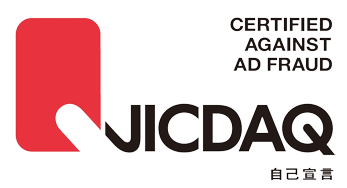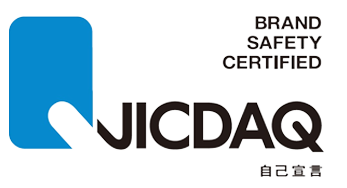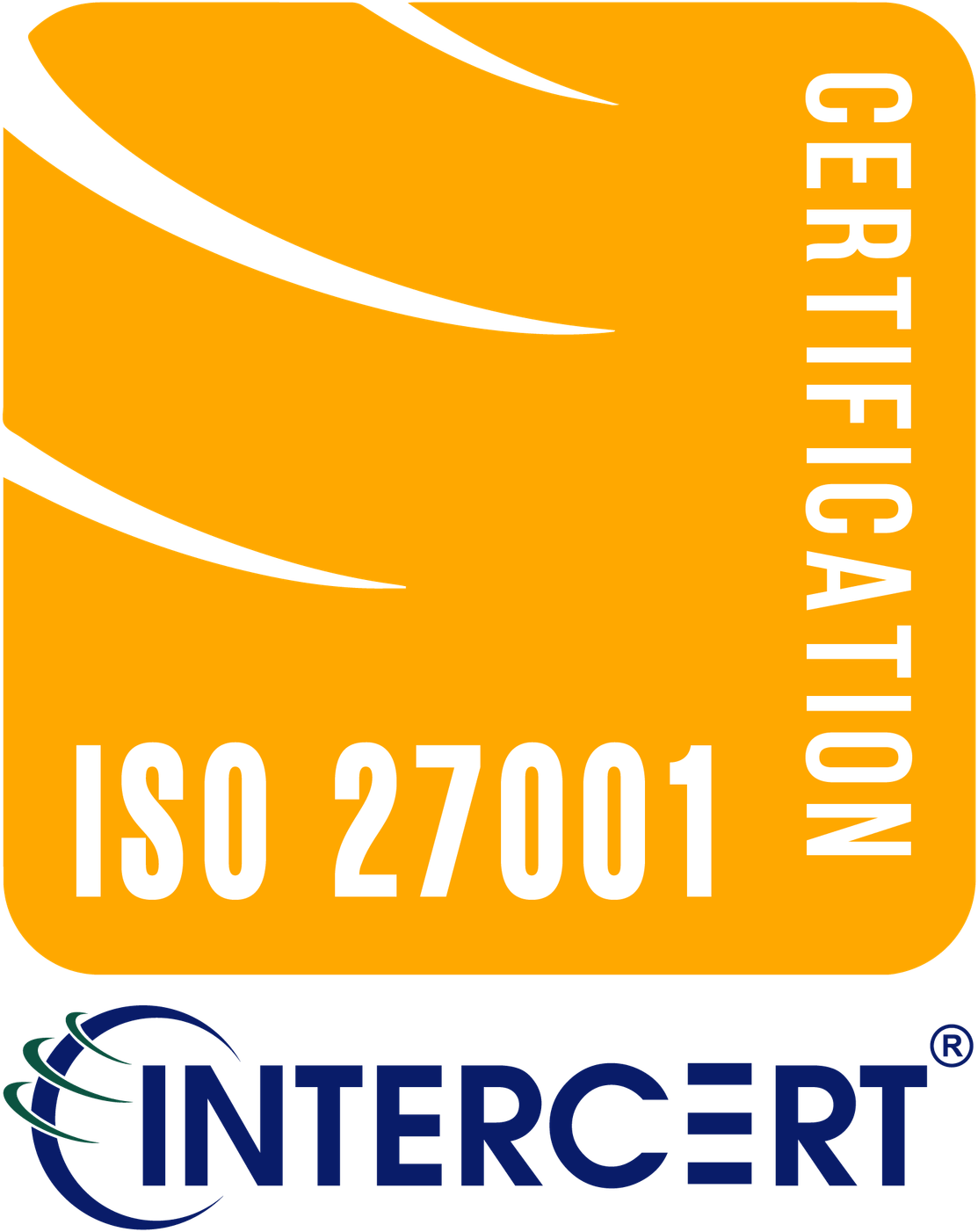The Power of Organic Reach
- Definition and Importance: Organic reach is the number of people who view your content without paid promotion, often seen as a trusted and valuable metric. Protecting this reach from fraudulent accounts and bots is essential to maintain audience trust and obtain accurate insights.
- Factors Influencing Organic Reach:some text
- Quality of Content: High-value content is crucial for attracting a genuine audience.
- User Engagement: Real likes, shares, and comments boost visibility, but fake engagements can harm reputation.
- Platform Algorithms: While understanding algorithms helps in optimizing content, platforms may lower your reach if fraud is detected, impacting your organic strategy.
Protecting Organic Media Presence
- Creating Valuable and Fraud-Free Content
- Understanding Your Audience: Ensuring your audience is real and engaged. Fraud detection tools help filter out bots, enabling you to focus on authentic engagement.
- Consistency and Authenticity: Regular posting of genuine content and using a fraud prevention tool builds trust among a loyal, real audience.
- Leveraging Social Media Safely
- Interacting with Followers: Engage authentically with your audience while monitoring for bots and fake profiles that may distort organic reach metrics.
- Utilizing Hashtags and Trends: Trends and hashtags increase reach, but ensuring interactions are real is critical. A fraud prevention solution can screen for fake engagement associated with high-traffic tags.
- SEO and Content Optimization with a Fraud-Free Lens
- Keyword Research: Use keywords that naturally attract a real audience rather than boosting reach artificially.
- Quality Backlinks: Aim for genuine backlinks. Detecting spammy links can improve organic authority.
Challenges and Limitations of Organic Media
- Changes in Algorithms: Social media platforms update algorithms frequently. Fraudulent interactions might lead to penalties, impacting organic reach. Using Spider AF helps avoid penalties by ensuring interactions are real.
- Time, Effort, and Monitoring: Building a solid organic presence is a long-term investment. Continuous monitoring for fraud and audience quality ensures efforts go towards reaching a real audience.
- Measuring Success in a Fraud-Free Environment: Authenticity in metrics like engagement rates, traffic, and follower growth is vital. Tools like Spider AF help identify and block fraudulent interactions, enabling you to track real success.
Conclusion
Organic media is a valuable tool for building authentic connections. However, ad fraud can distort these metrics and reduce trust. By focusing on high-quality, fraud-free content and leveraging tools like Spider AF, brands can maximize organic reach effectively and accurately.

















